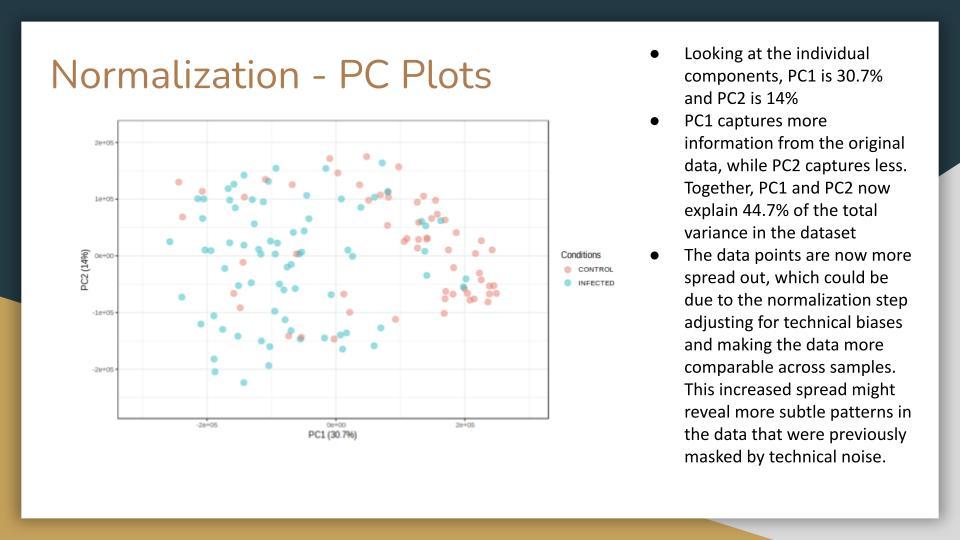Inflammatory bowel disease (IBD) refers to the chronic and recurrent inflammation of the intestinal tract. This includes ulcerative colitis (UC) and Crohn's disease (CD). UC affects parts of the gastrointestinal tract from the mouth to the anus, were as CD affect the large intestine. IBD seriously endangers human health and brings heavy financial burdens to individuals, families, and society. The exact cause of IBD is not clear, but it is generally accepted that it is multifactorial, involving genetic predisposition, mucosal barrier dysfunction, disturbances in the gastrointestinal microbiota, dysregulated immune responses, environmental, and lifestyle factors.
Often it is essential to consolidate best research evidence from different studies to gain insights or understand the question at hand. The aim of such evidence-based medical practice can be either for hypothesis testing or hypothesis generation. Meta-analysis is an important tool for analysis in this direction. It refers to the statistical analysis of the data from independent primary studies focused on the same question, which aims to generate quantitative estimates.
In this proposal, students will perform meta-analyses with an aim to generate hypothesis and identify potential drug-targets from translational IBD studies existing in the public domain. Students will perform meta-regression analysis, namely the fixed effects model and the random effects model. In addition, the students can also conduct/develop machine learning based meta-analysis for target identification.

